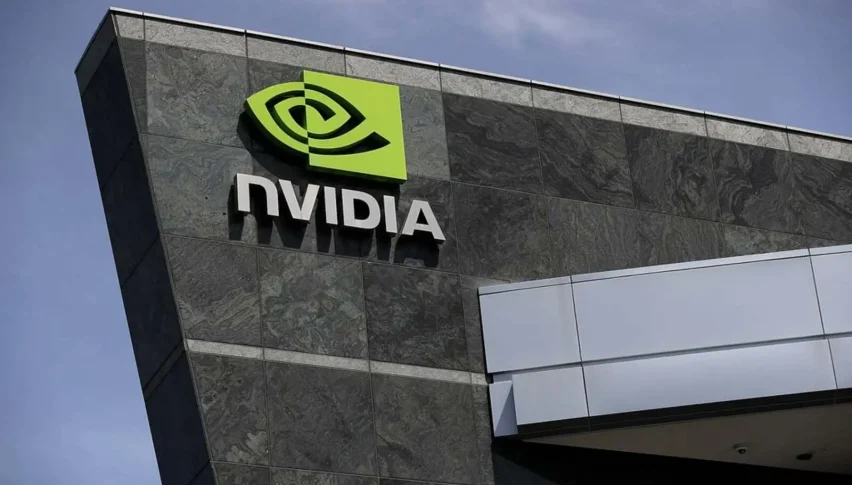Nvidia (NVDA) Slides 3% on Profit-Taking After Strong Run
Nvidia (NVDA) dropped by 3 percent as investors took some profits off the table while awaiting insights on future monetary policy

Quick overview
- Nvidia's stock dropped by 3 percent as investors took profits ahead of the Federal Reserve's Jackson Hole symposium.
- A sell-off in major tech and semiconductor stocks, including Nvidia, AMD, and Broadcom, contributed to the decline in the VanEck Semiconductor ETF.
- The recent volatility in Nvidia's shares reflects investor caution amid concerns about a potential economic slowdown and weaker job reports.
- The labor market's outlook has worsened, raising fears of a recession that could impact demand for semiconductor chips.
Nvidia (NVDA) dropped by 3 percent as investors took some profits off the table while awaiting insights on future monetary policy from the Federal Reserve’s Jackson Hole symposium later this week. A significant sell-off in megacap tech and semiconductor stocks was one of the main reasons for the market’s decline.

Notable declines in Nvidia, AMD, and Broadcom contributed to the drop in the VanEck Semiconductor ETF. Other major tech firms, including Netflix, Tesla, and Meta Platforms, also faced pressure.
The “AI trade,” which includes these large technology and semiconductor companies, has accounted for a significant portion of recent market gains; this may indicate that some investors are securing profits before the Fed makes a definitive statement.
Nvidia’s shares are highly volatile, having experienced 21 price movements greater than 5 percent over the past year. Today’s developments suggest that while the market views this news as significant, it is not drastically changing its perception of the company.
Recently, when the US jobs report for July was much weaker than expected and new import tariffs were announced, Nvidia’s stock fell by 3 points, or 6 percent, raising concerns about a potential economic slowdown.
This was the last major movement discussed in our article. The labor market’s outlook worsened due to substantial downward revisions to the previous two months’ report, revealing that the US economy added only 73,000 jobs—far below estimates. As a result, the demand for chips used in various products is likely to be directly affected by the heightened fears of a recession.
- Check out our free forex signals
- Follow the top economic events on FX Leaders economic calendar
- Trade better, discover more Forex Trading Strategies
- Open a FREE Trading Account


